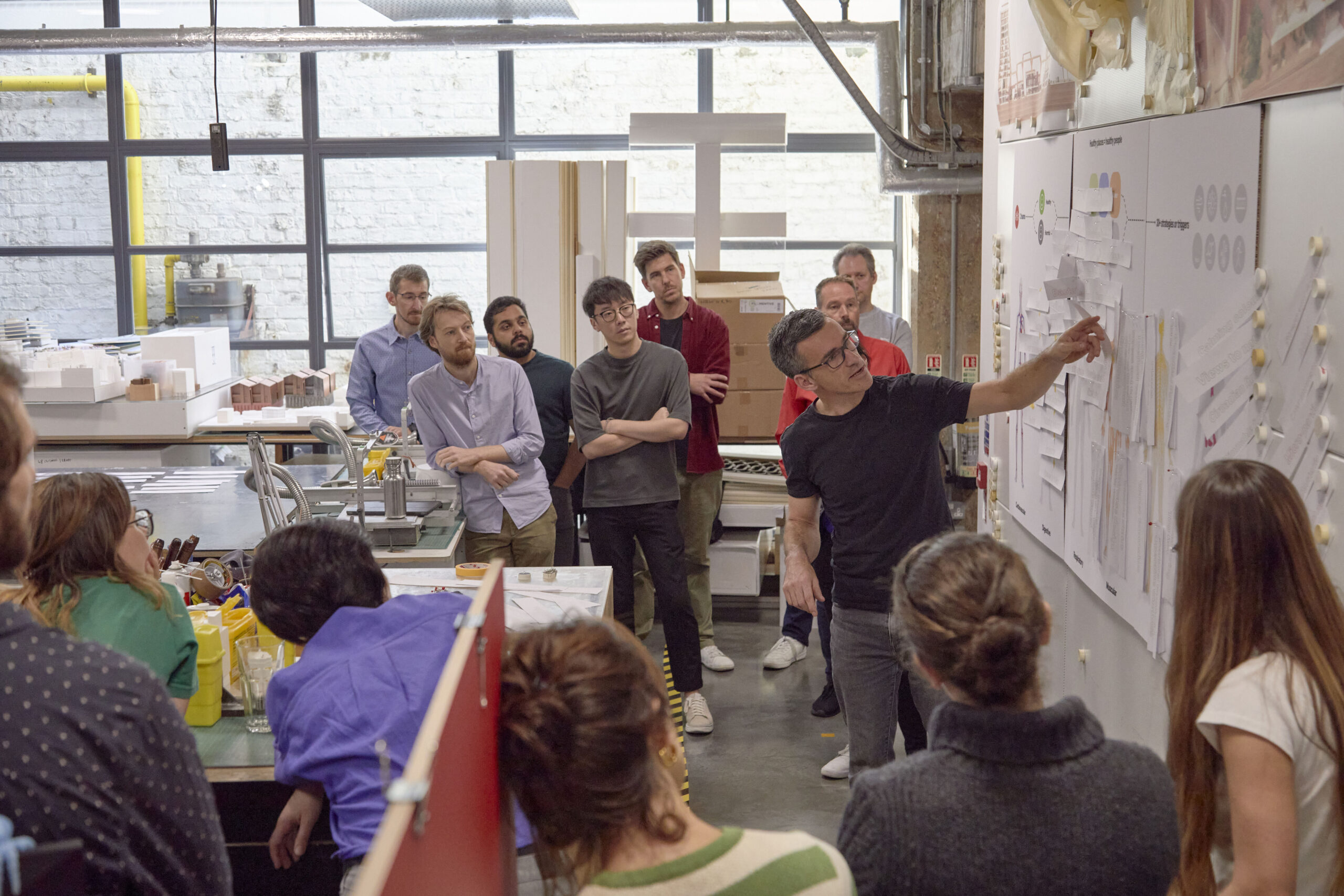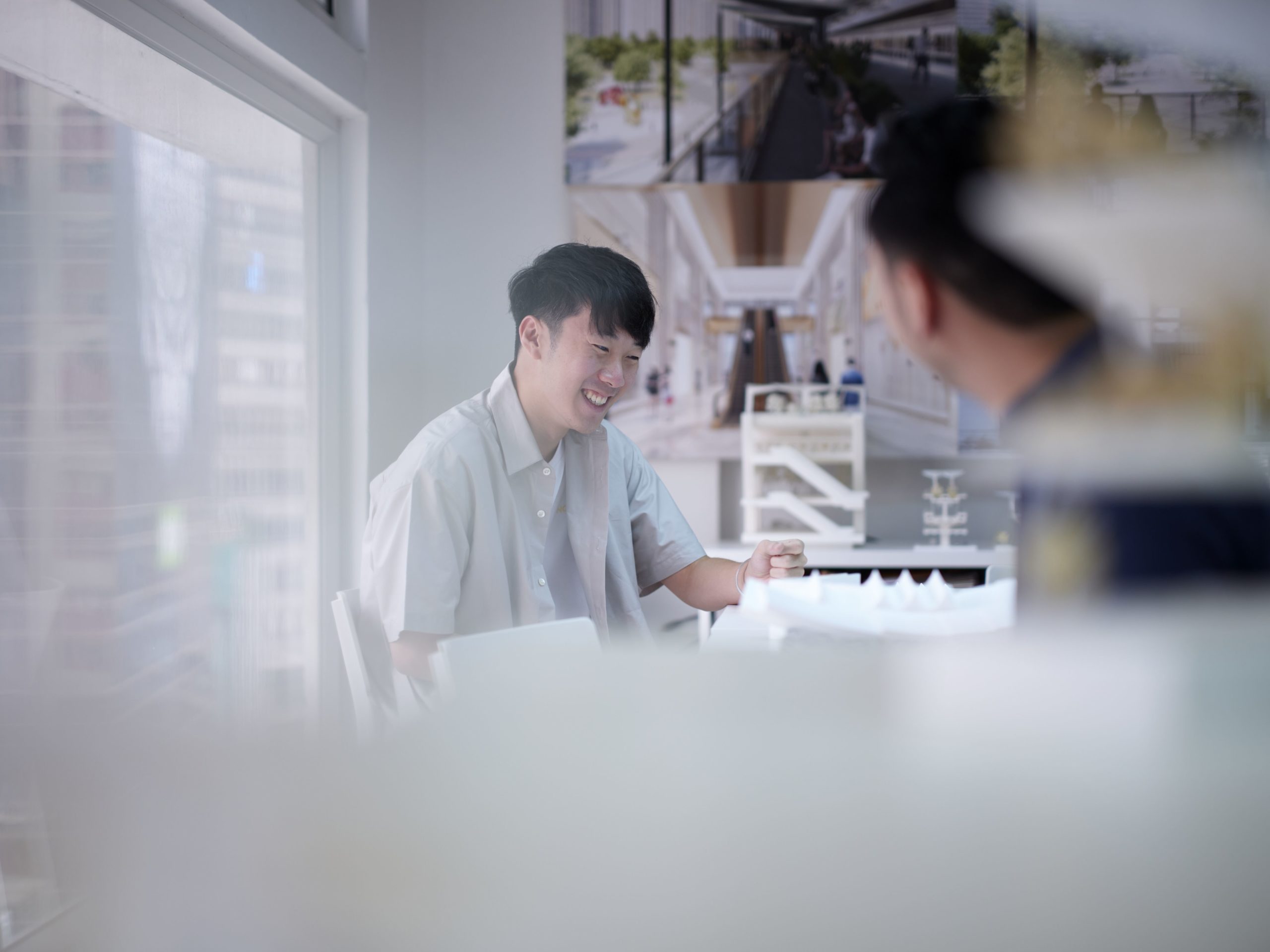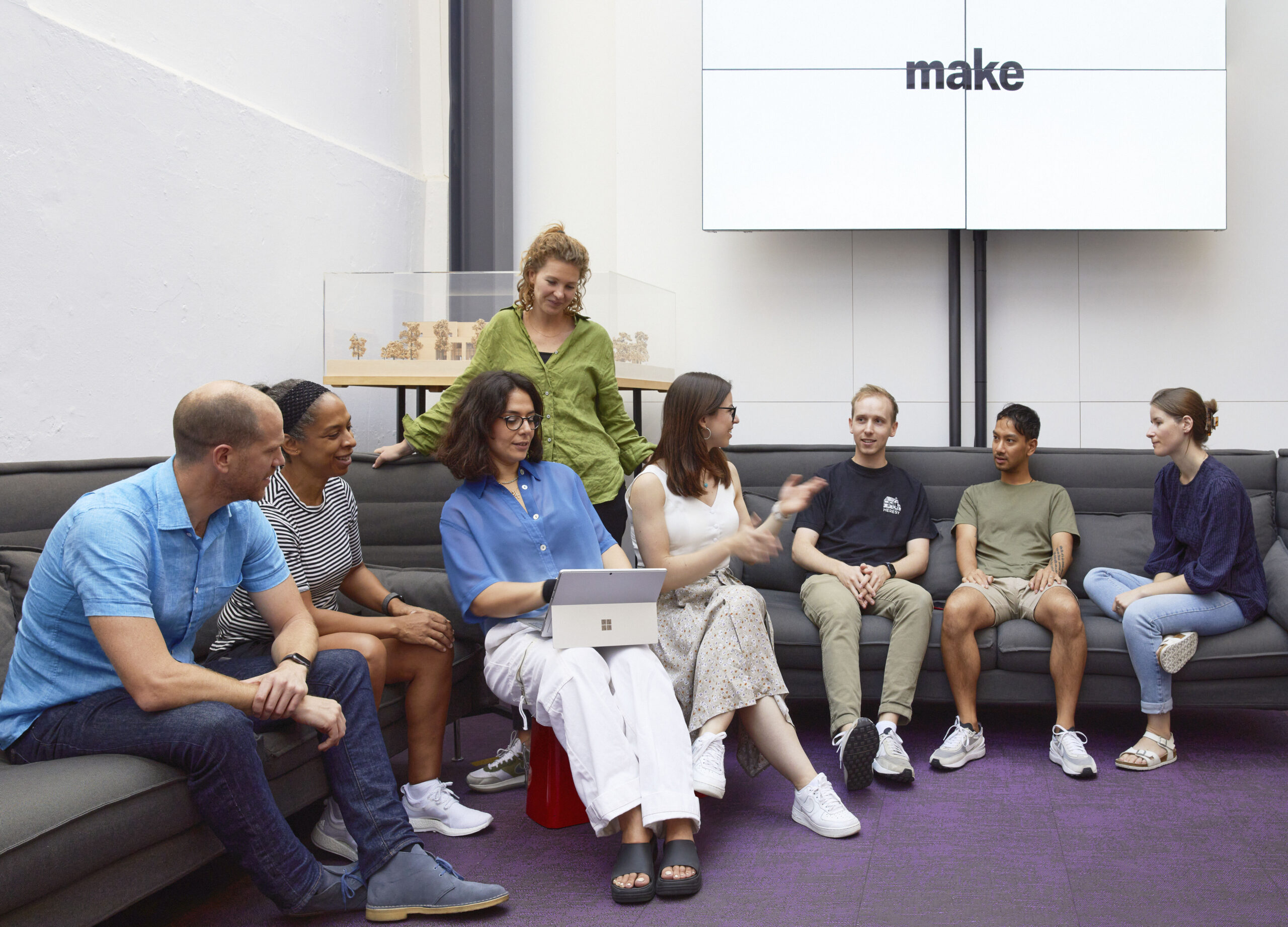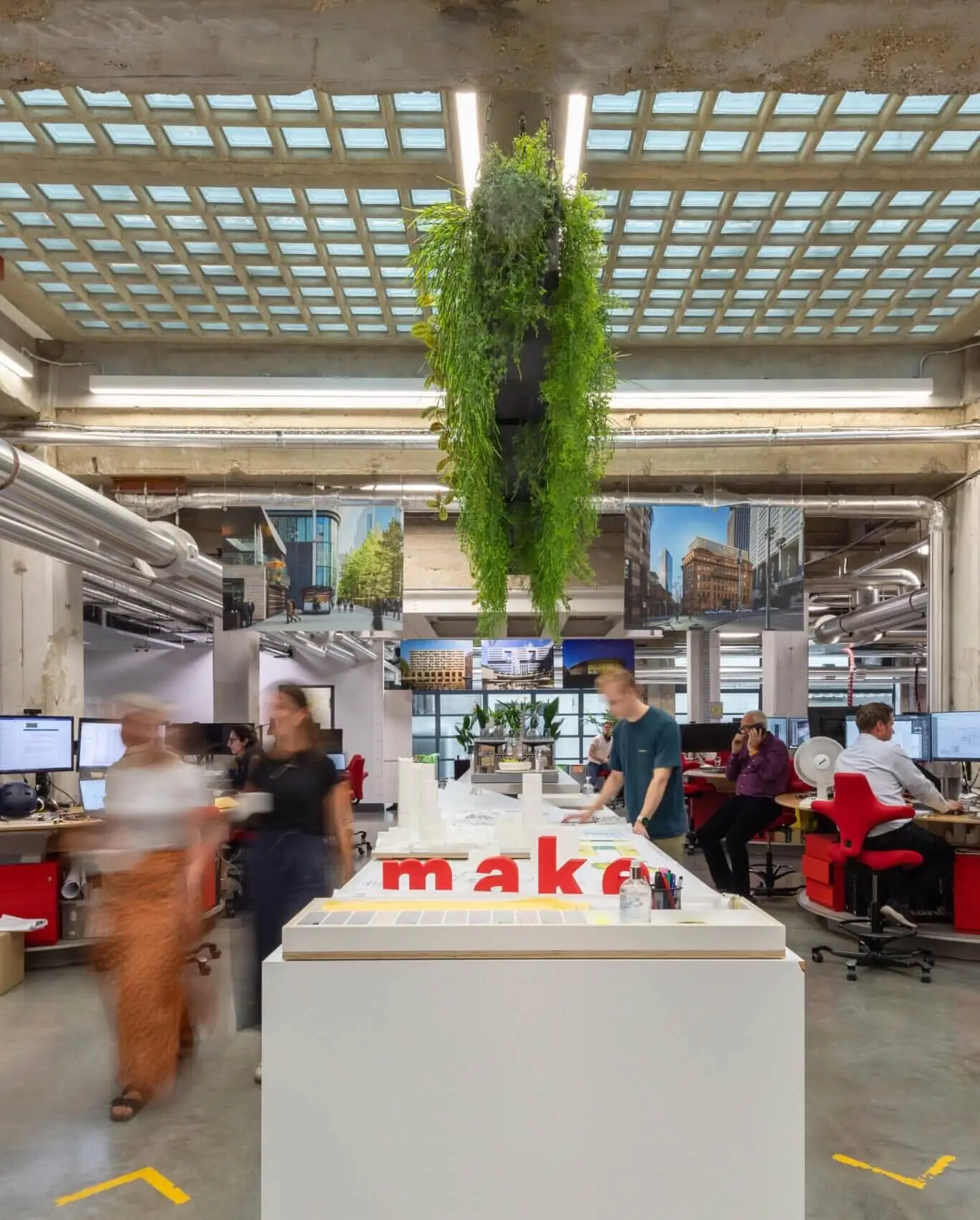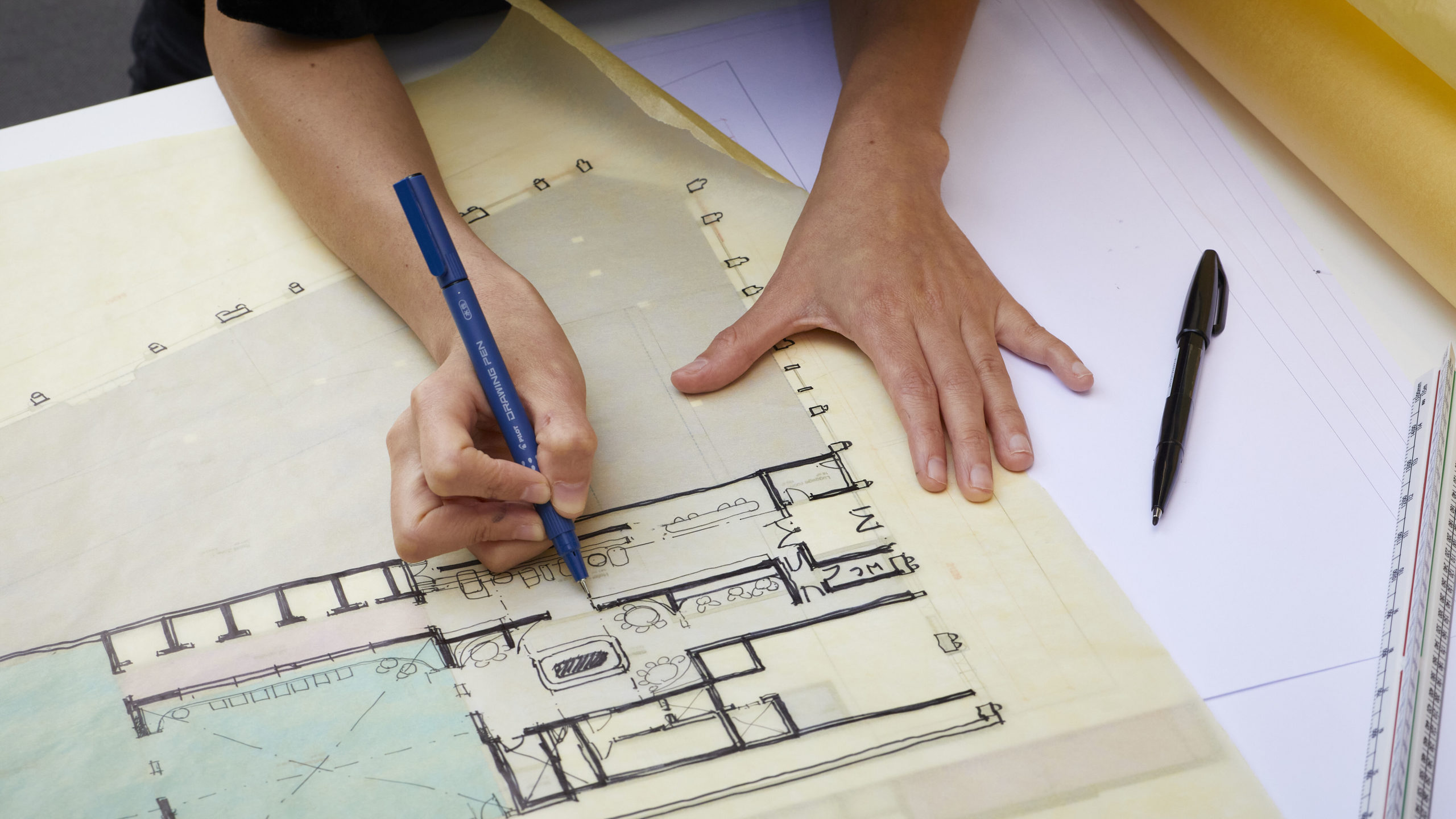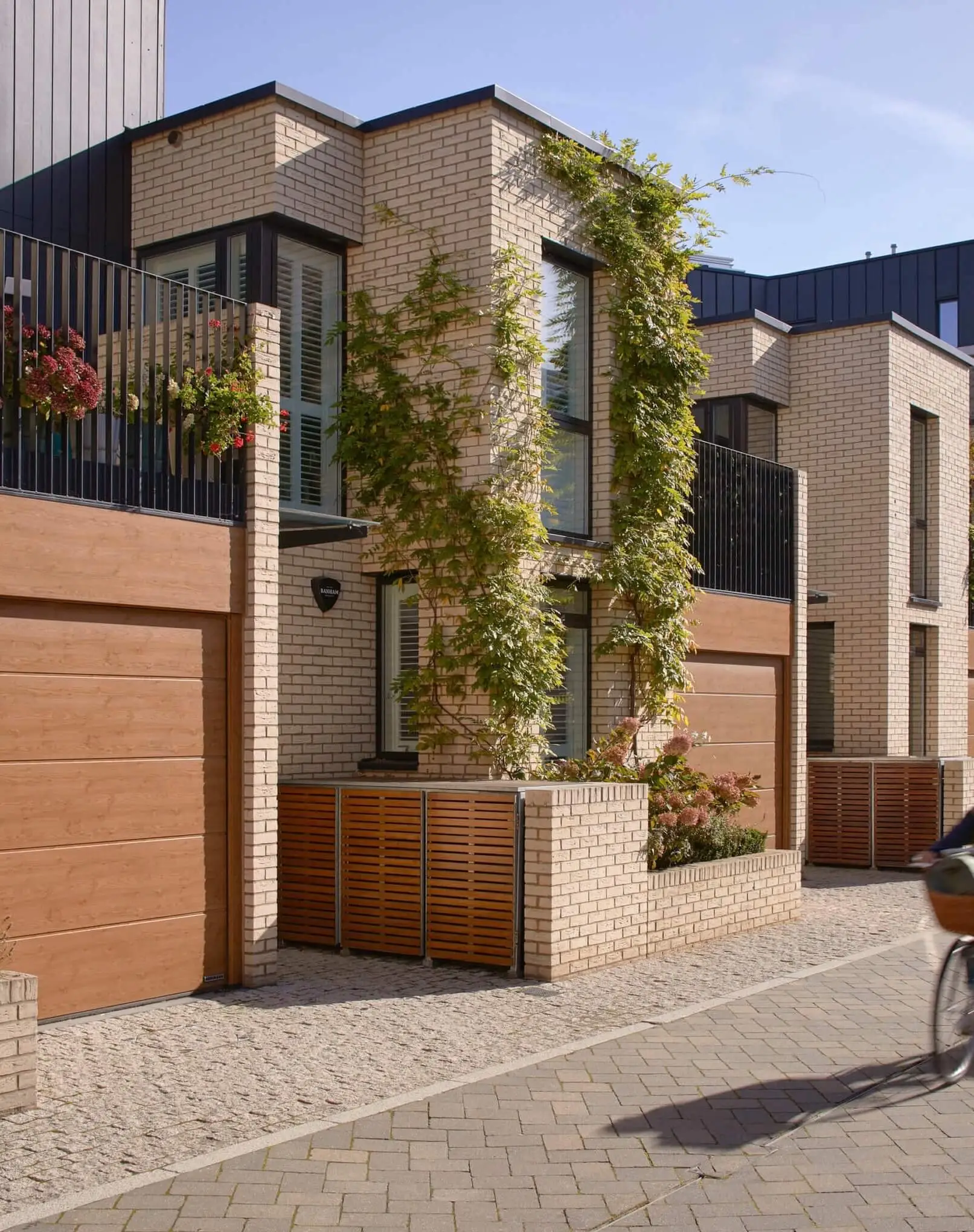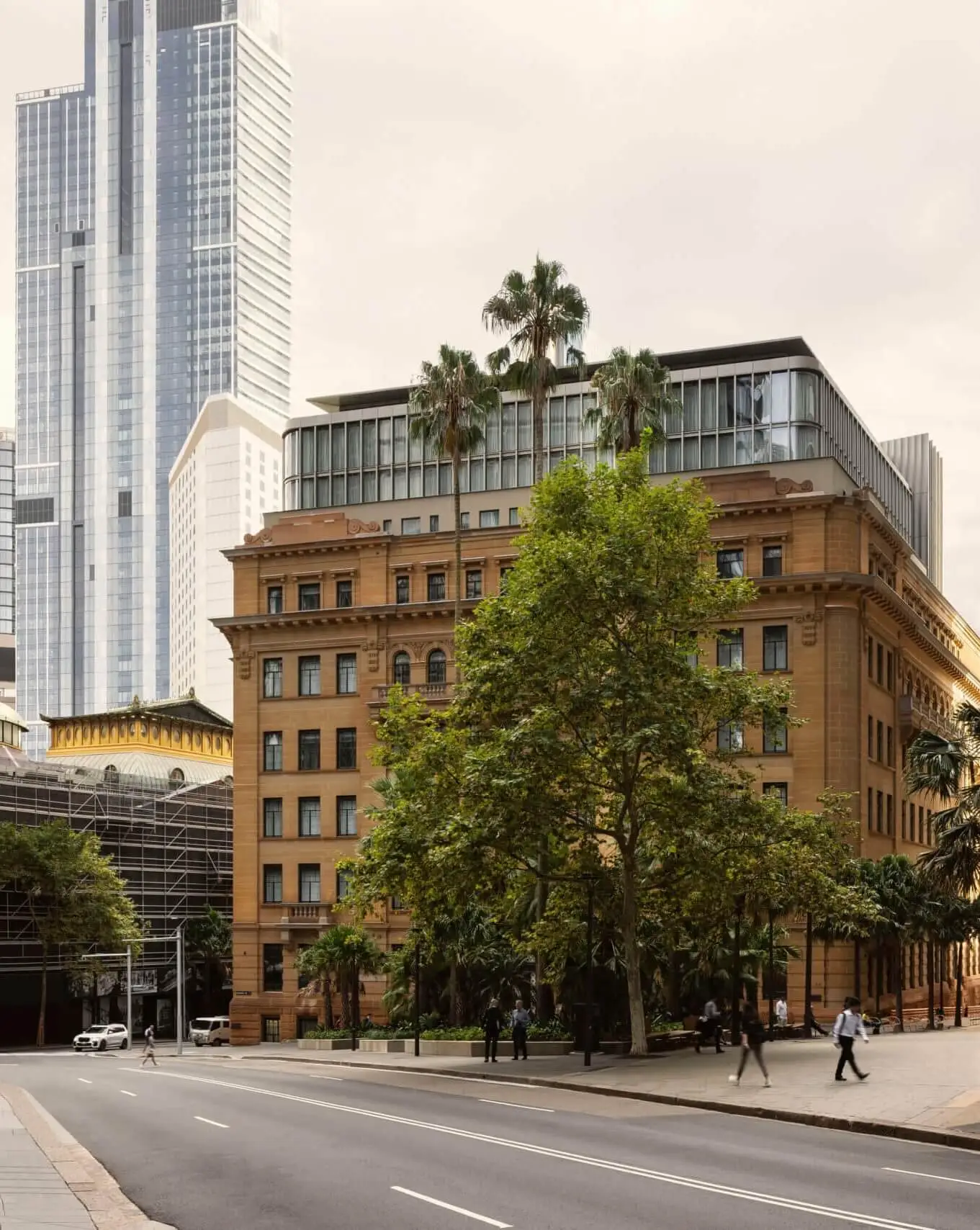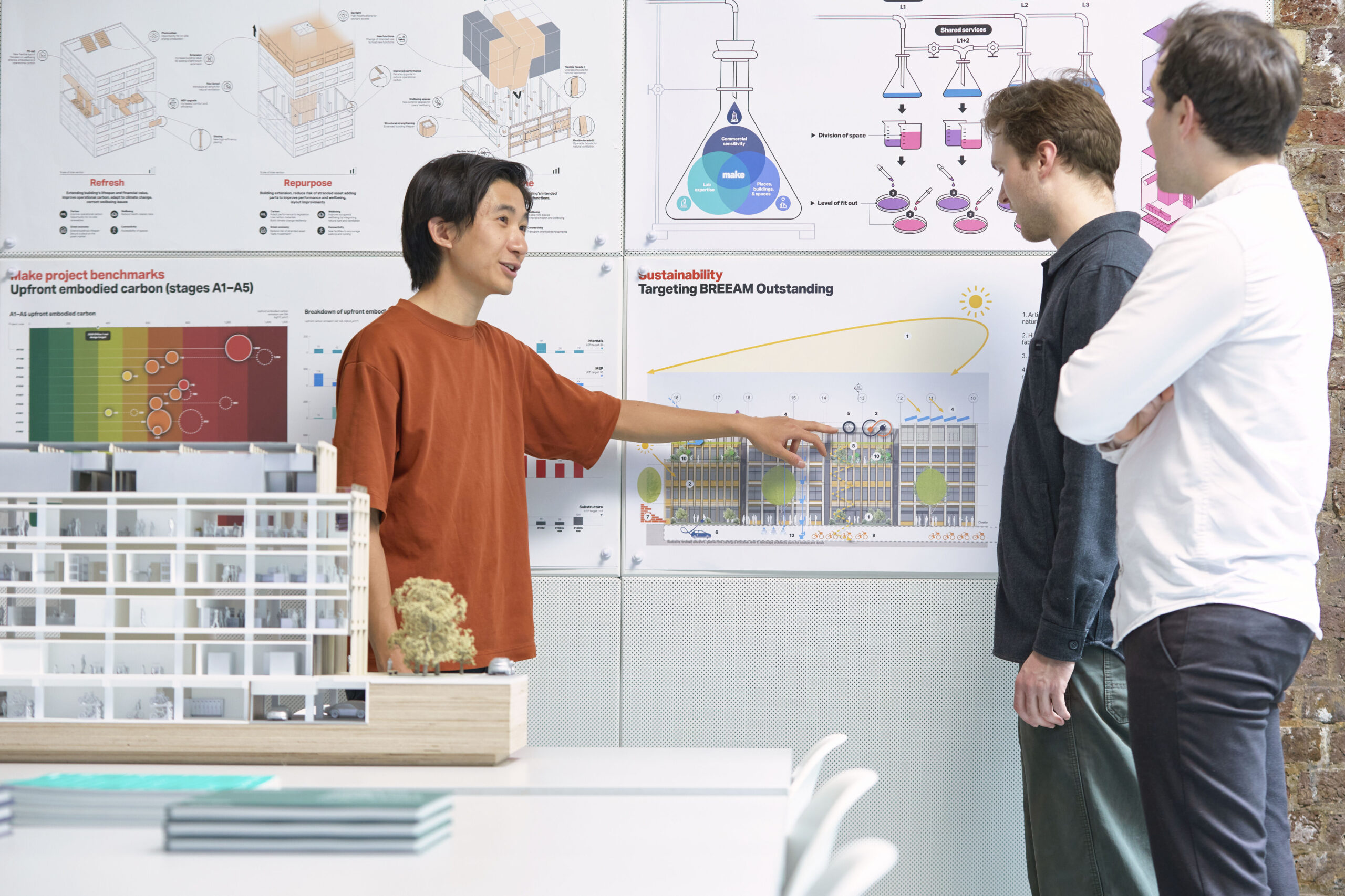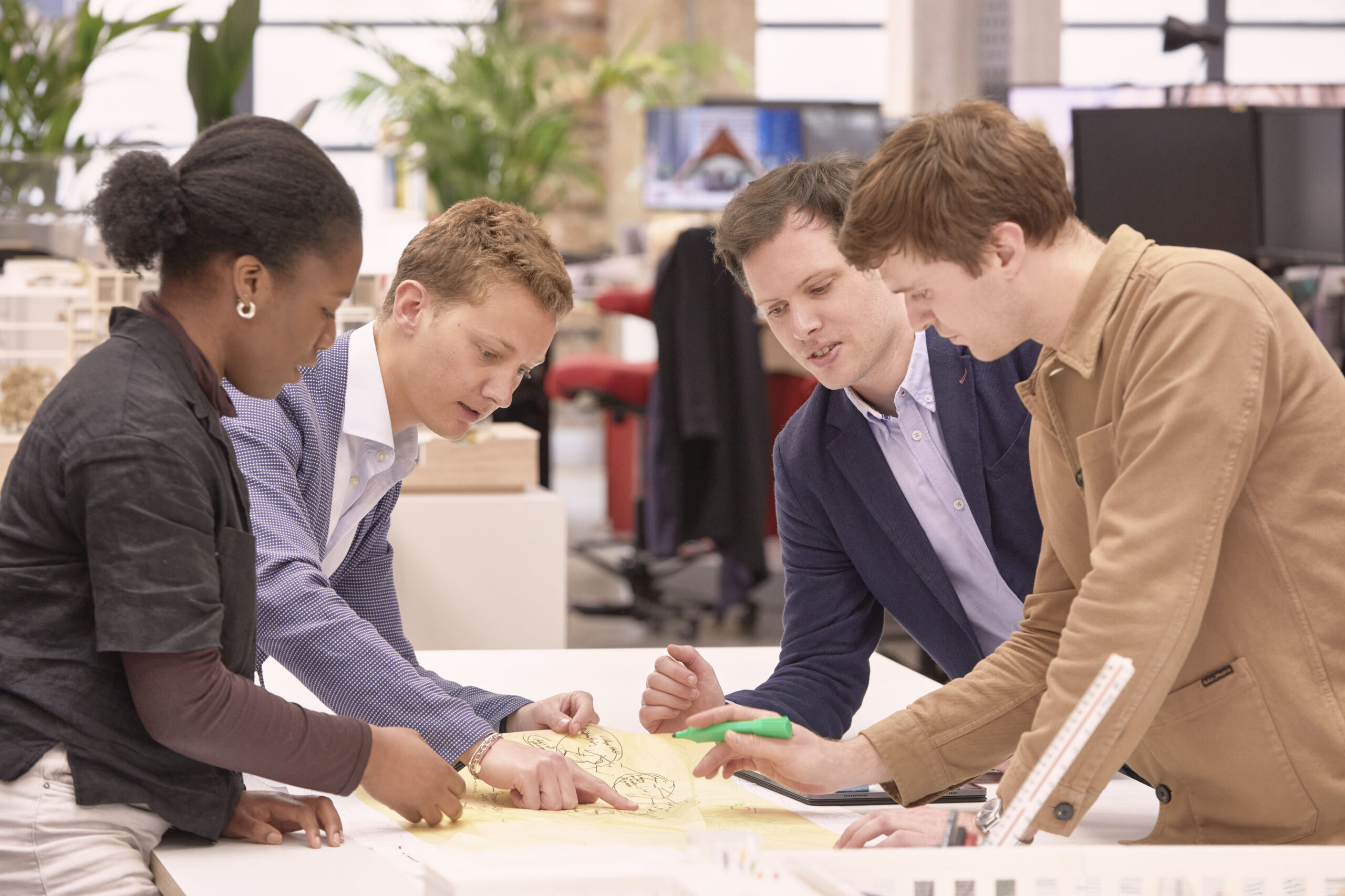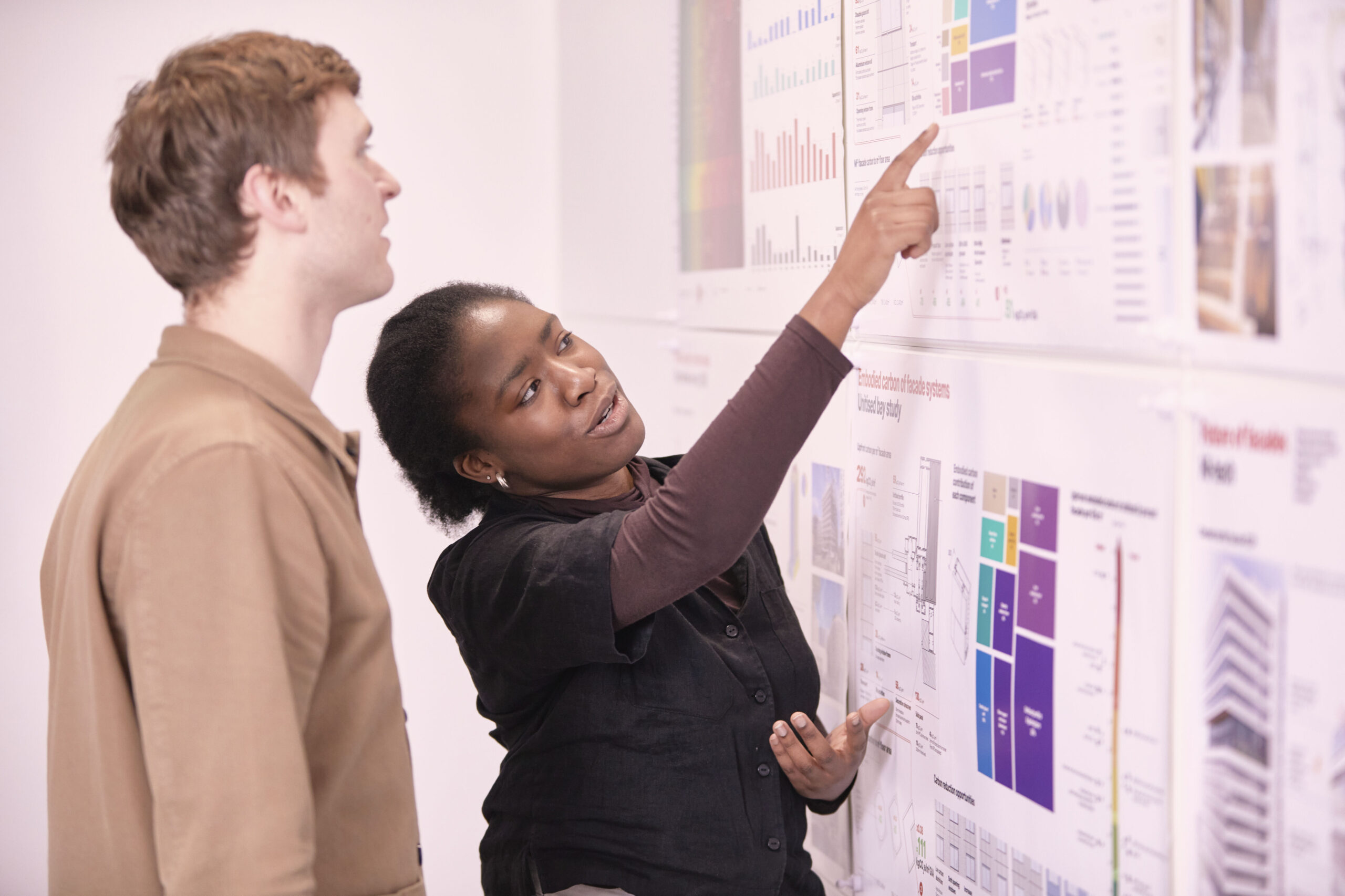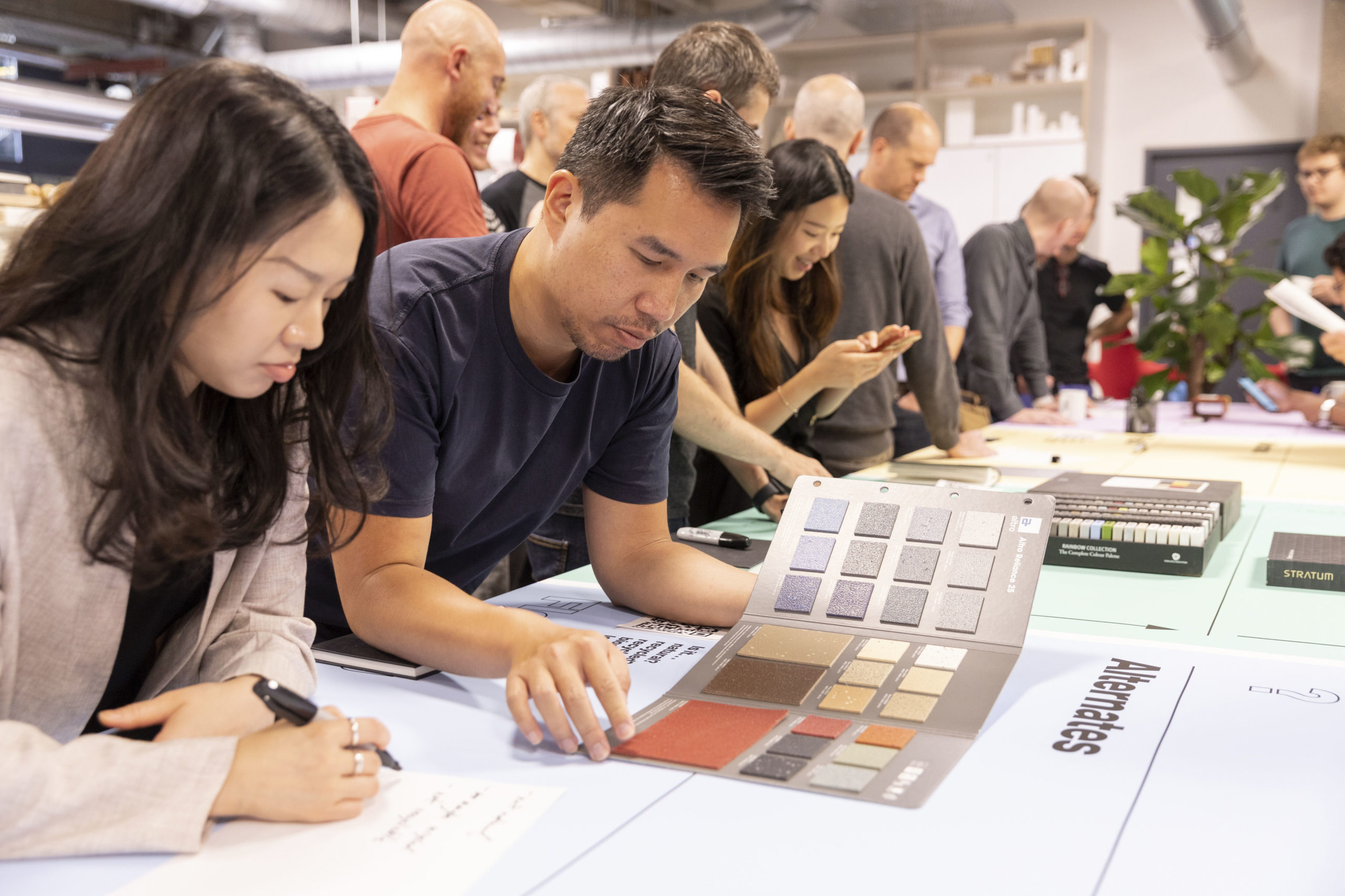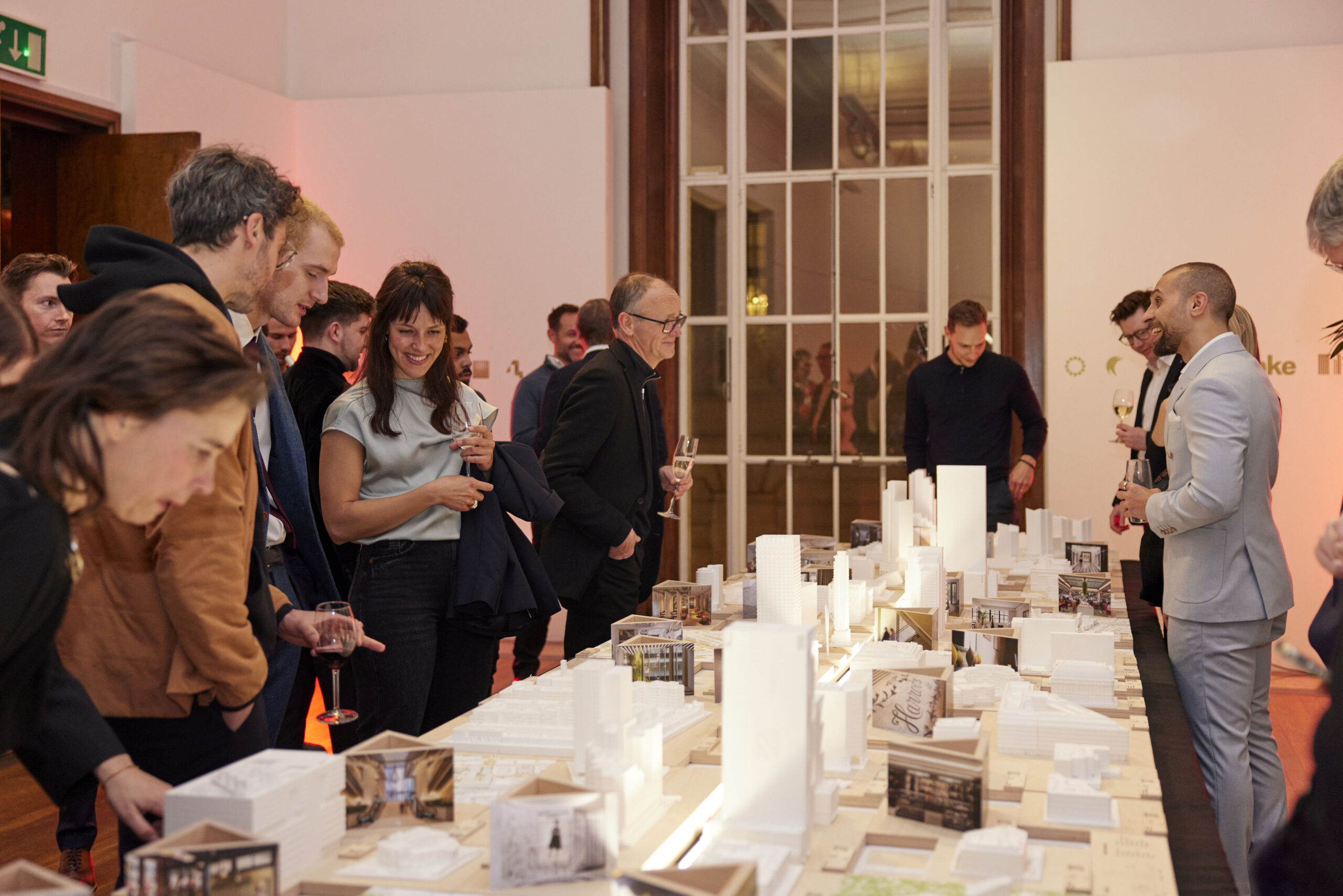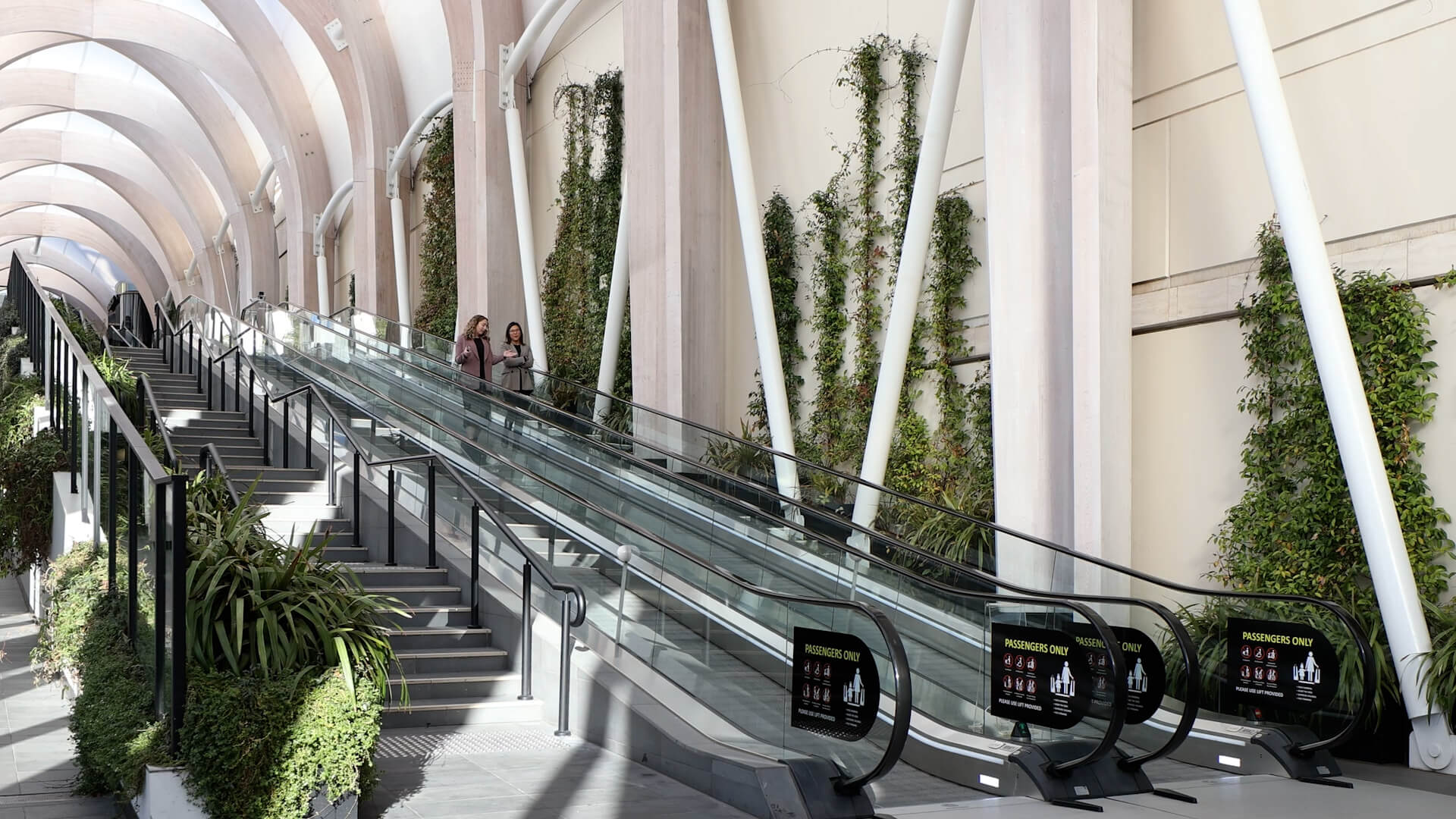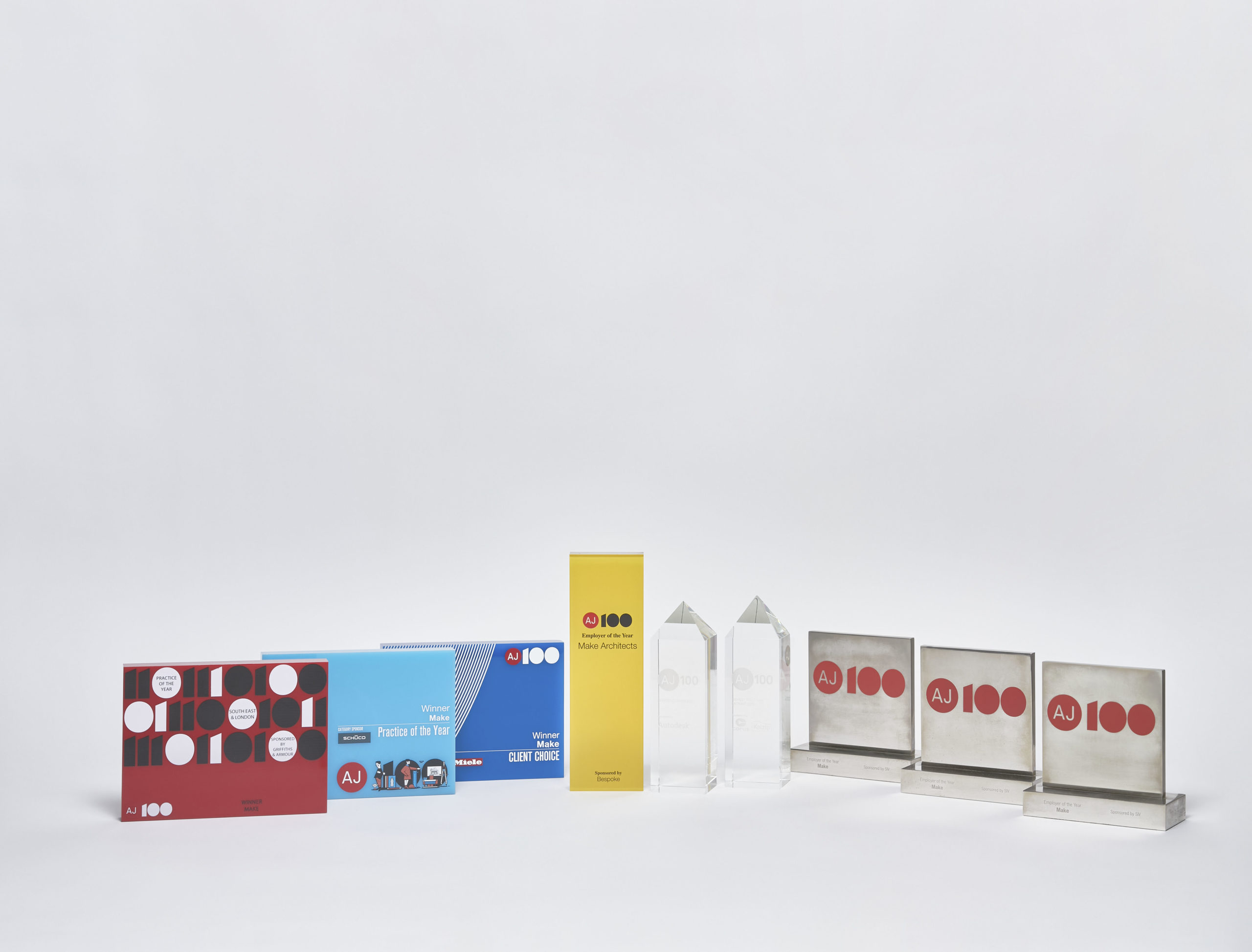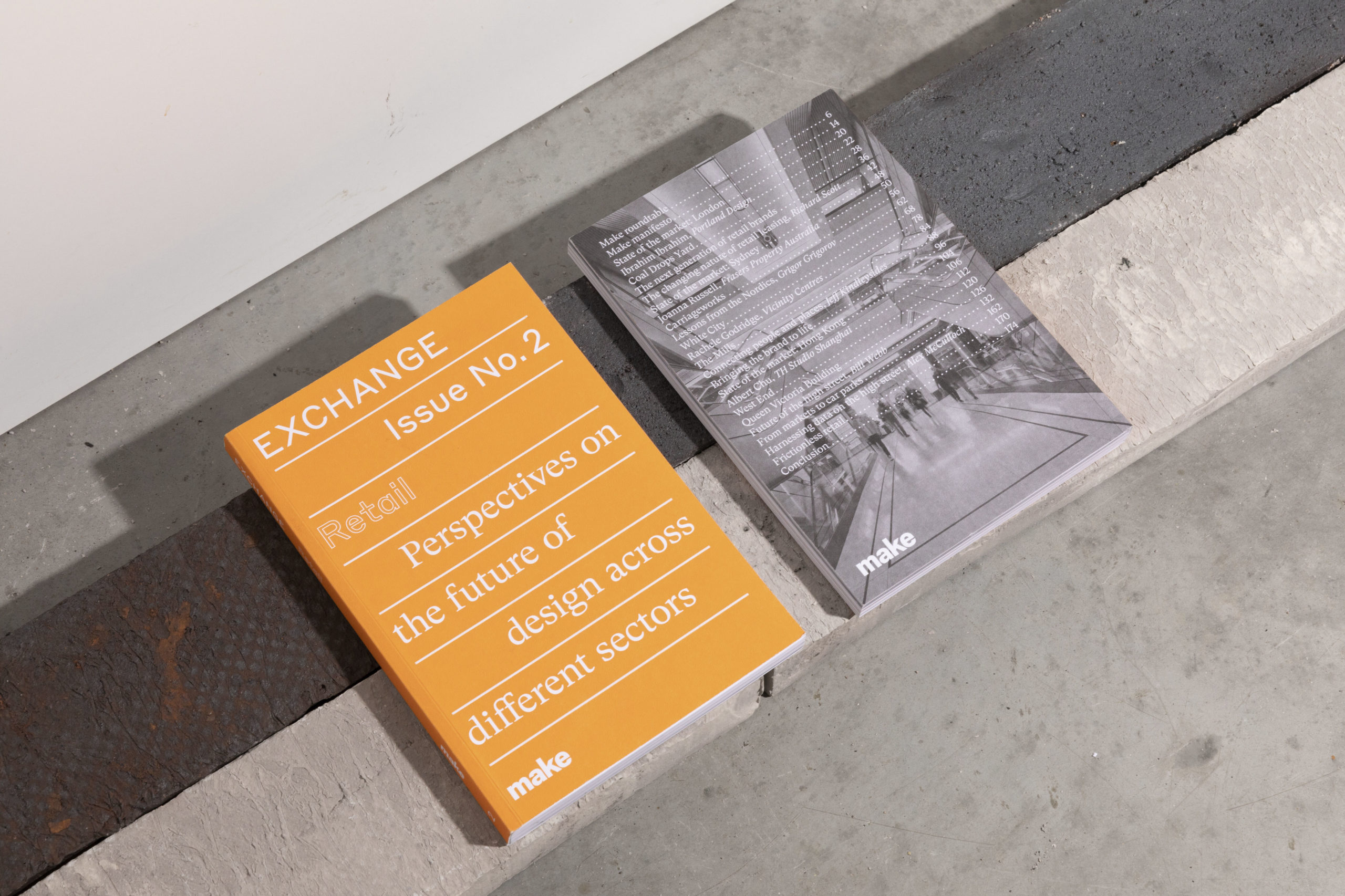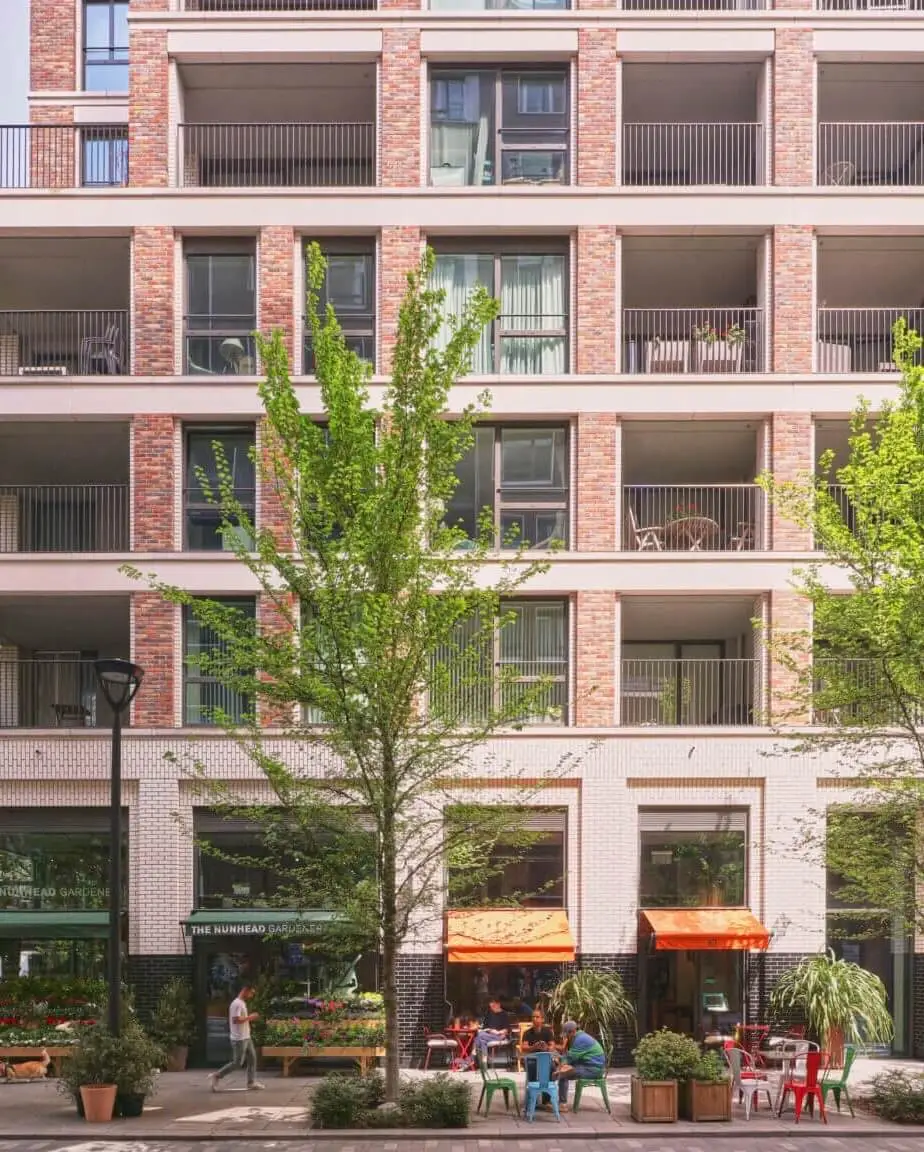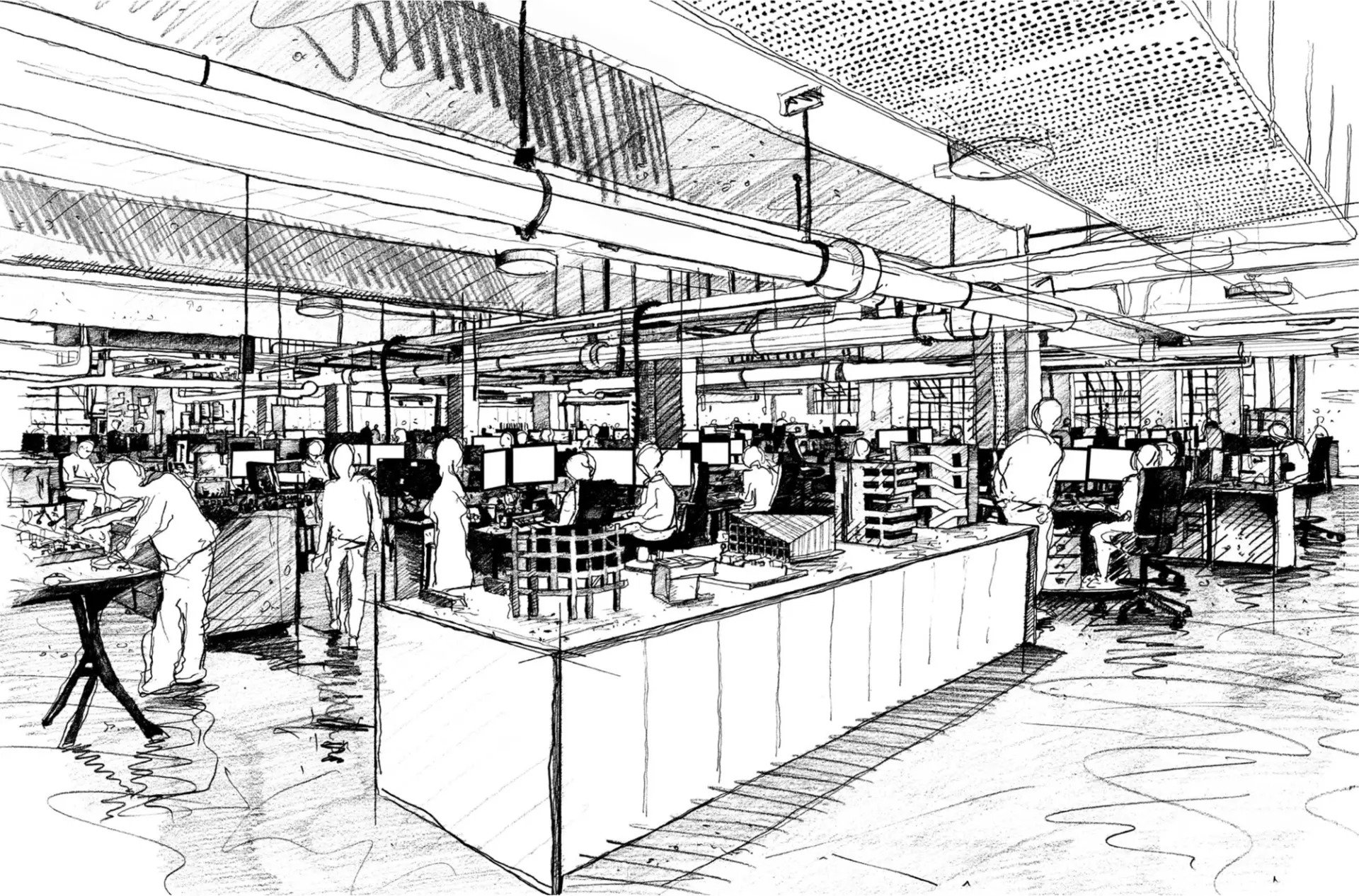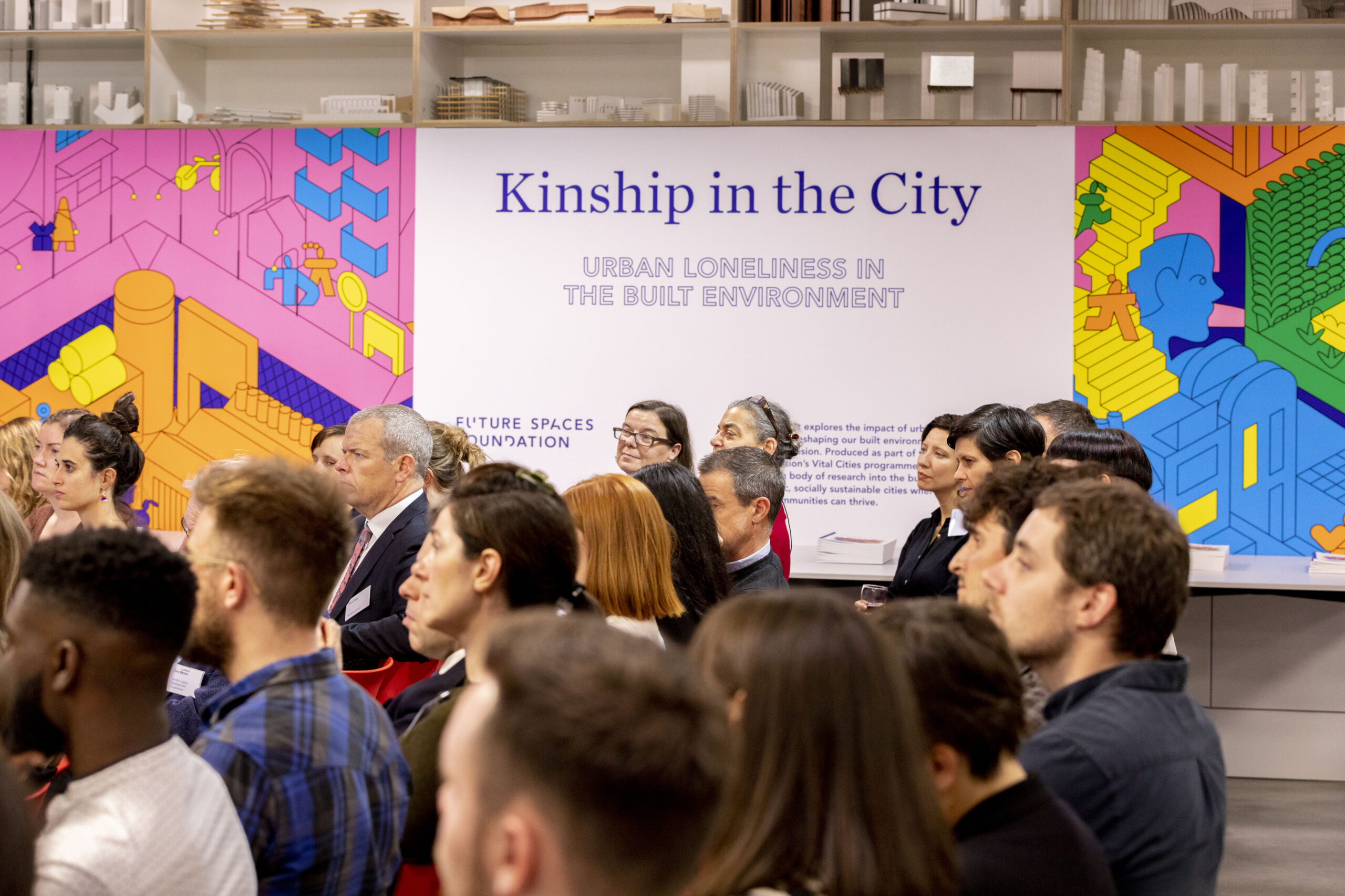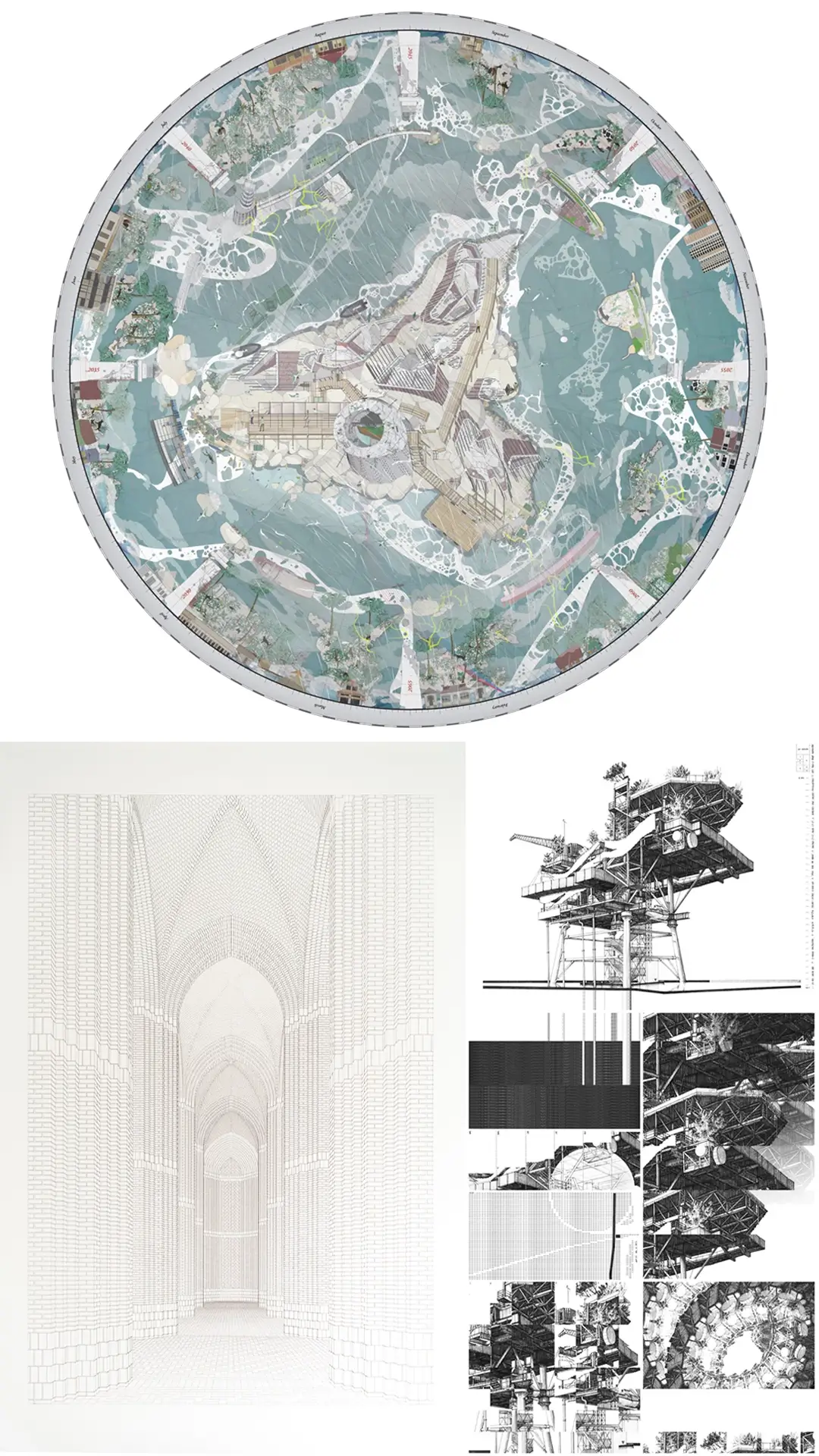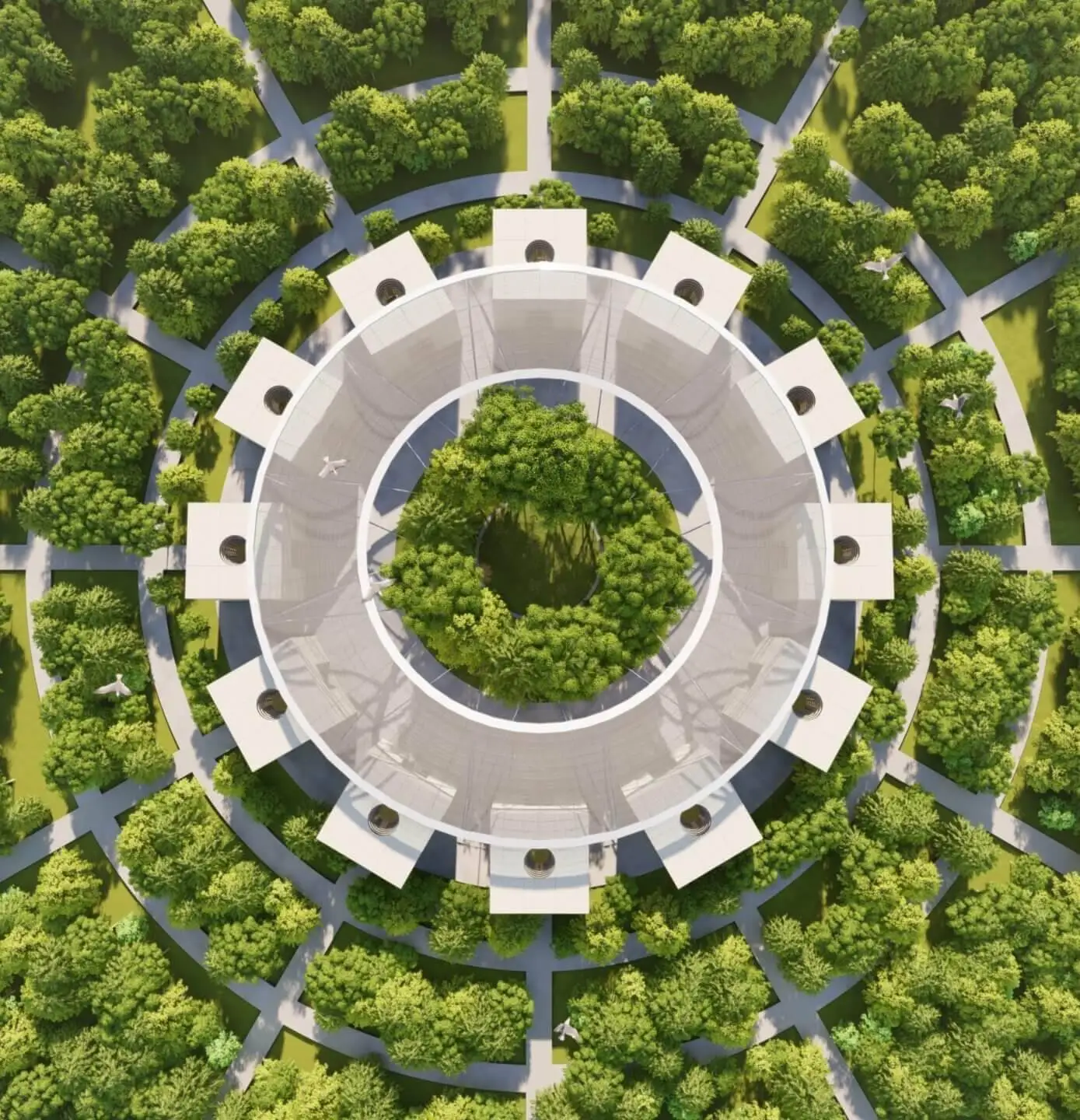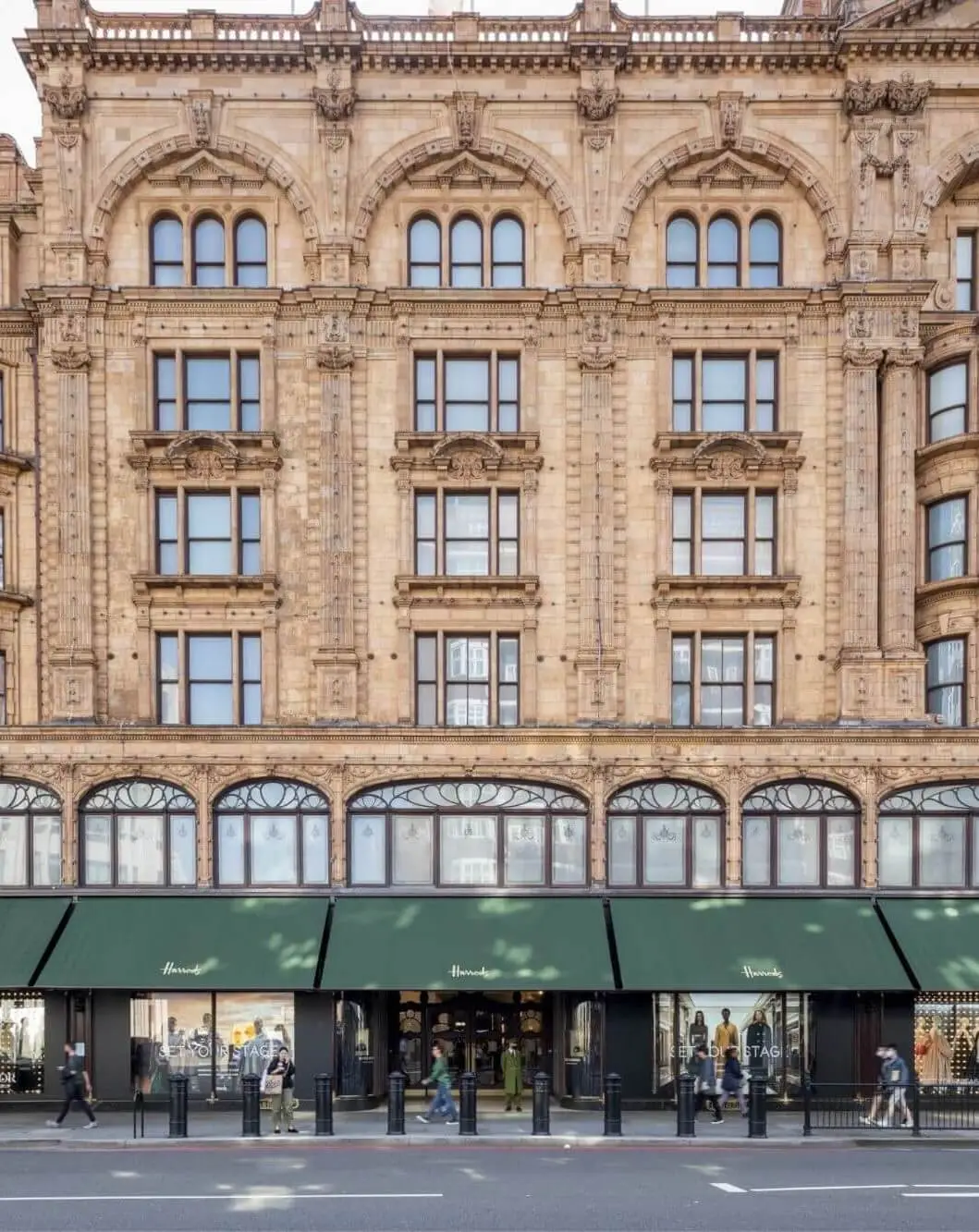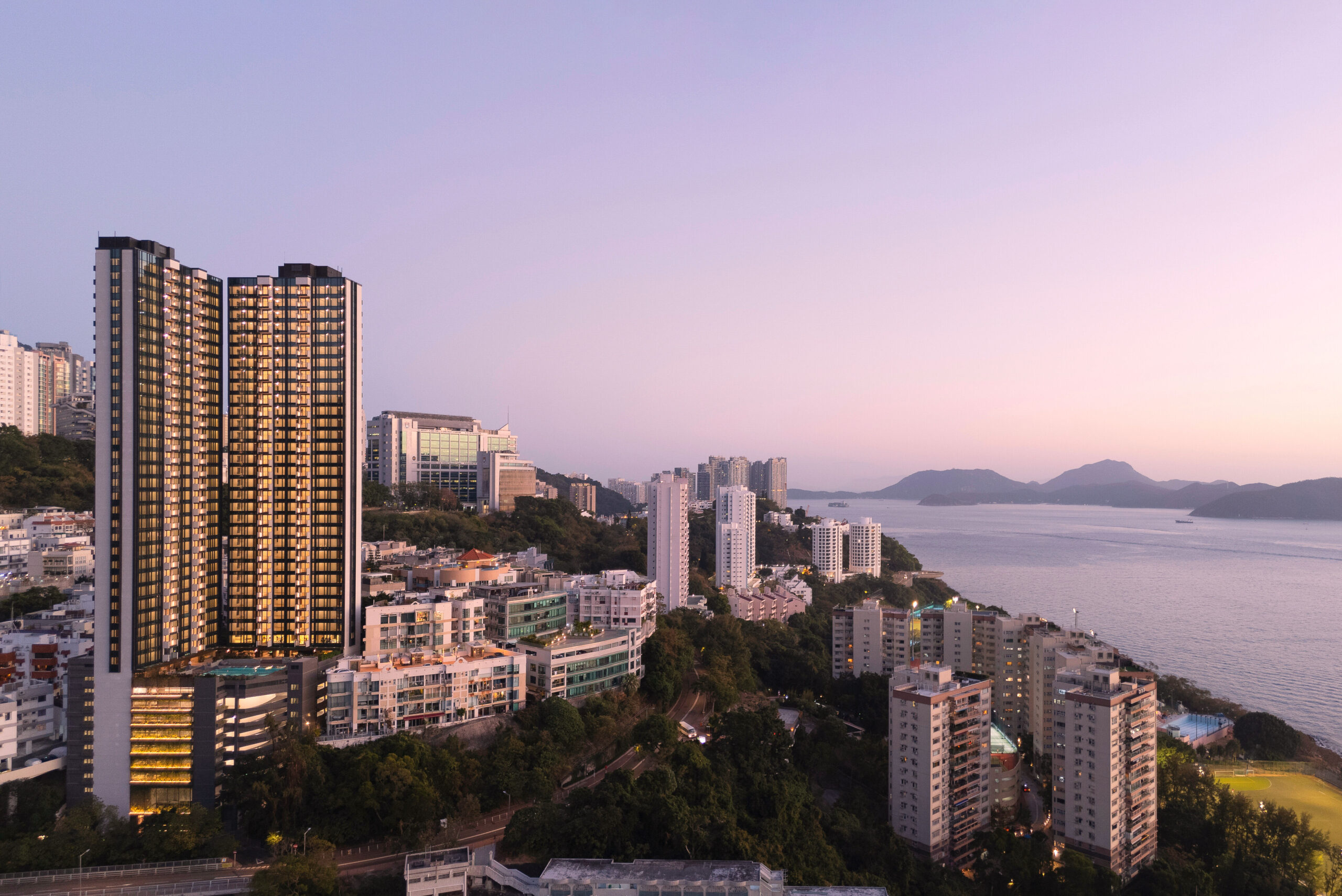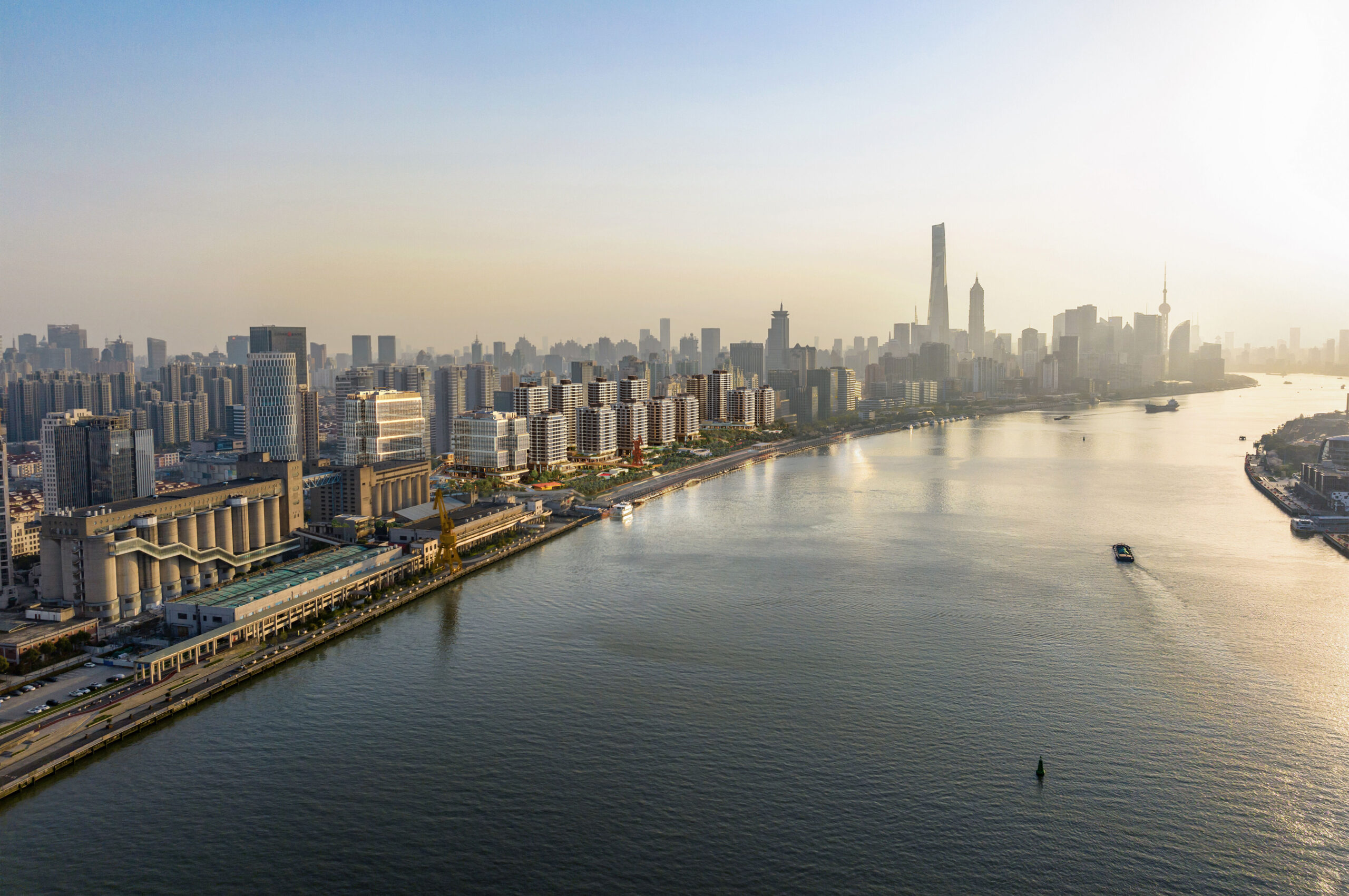
The future is about service design, which buildings are only a part of. As lead designer, we like to be ‘conductors’ of an ‘orchestra’ that includes lighting and landscape designers as well as library and music providers. In each of our hotel projects, we strive to provide an overarching concept for guests to enjoy, one that considers all possible ways to improve people’s stay.
Delivering authenticity
Guests want to stay in hotels that reflect a sense of place and are integrated into their local community. Our hotel designs are mindful of their location and take inspiration from their context – be it country, city, neighbourhood or the building itself. The best hotels have public areas used by locals as well as guests, as this offers a glimpse of local life and sense of community. Hotel guests don’t want to stay on ‘cruise liners’ anymore, isolated from the area where their hotel is located. With the rise of Airbnb and its hospitality focus, hotels must work harder than ever to deliver a personal, friendly and authentic experience.

Embedding guest service
Designing back-of-house areas that allow hotel staff to deliver the best service is imperative. The easy flow of goods in and waste out is just as important as how guests themselves move through the building. The same goes for the journey of hot food – how it travels from the kitchens to the restaurant tables and hotel rooms – and the staff areas, as a happy staff leads to a better level of service, which in turn produces a better guest experience.
Thankfully, being thoughtful about this kind of design doesn’t necessarily mean being more costly, just more creative.

Prioritising wellbeing
At a basic level, the most important function of a hotel is to provide a safe and comfortable place for people to sleep. And yet so often rooms are not designed with sleep in mind. Whether it’s due to confusing light switches or noise coming from the corridors, sleep deprivation is all too common.
Our ambition is to design great rooms that encourage peace and calm, and allow guests to sleep, relax and work in comfort. This means thinking about the smallest details, such as allowing for privacy in the sleeping area when the hotel room’s door is opened and locating light switches and charging sockets by the bed. It’s these details, whether seen or unseen, that result in a memorable stay.

Article extracted from Make Annual 13. Visit our website to find out more about The Temple House project.
